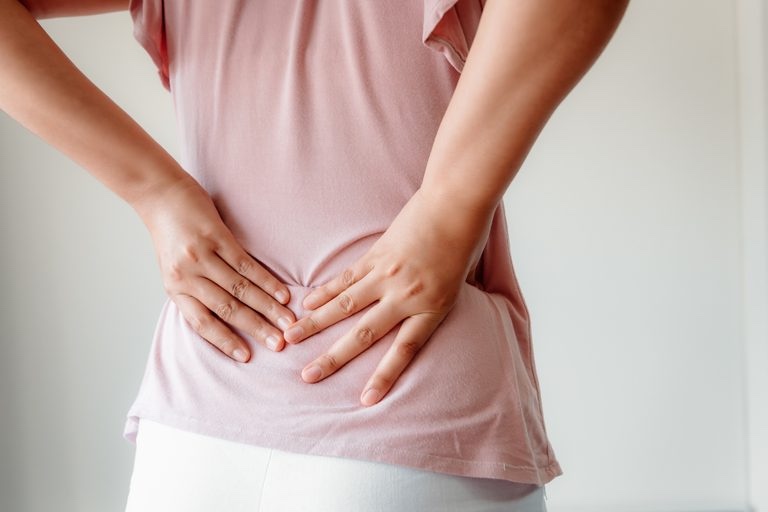Find here a brief overview by the medical team at Tel Aviv Doctor clinic about the symptoms, prevention, and treatment of Urinary Tract Infection UTI. Also, a UTI or recurrent UTIs may be a symptom of an underlying health issue.
A urinary tract infection (UTI) is an infection that can occur in the urinary system, which includes the kidneys, ureters, bladder, and urethra. UTIs are most commonly caused by bacteria with the most common bacteria being E.coli. While both men and women get UTIs, women are more prone to these infections as they have a shorter urinary tract which results in more bacterial build up.
Here are some ways to prevent UTIs and the symptoms which accompany a UTI, as well as advice on what to do if you suspect you are experiencing an infection.
UTI Prevention
- It is important to remain hydrated at all times. This helps to flush any possible bacterial build up out of your urinary tract. Staying hydrated while travelling can be difficult, however, it is paramount to staying healthy overall.
- Be sure to empty your bladder regularly and completely when using the bathroom. Avoid holding your urine for long periods of time as this can cause unwanted bacterial growth in your urinary tract. Emptying your bladder before and after sexual activity can also prevent bacterial growth buildup.
- Practise good hygiene. This includes females wiping from front to back after using the toilet, changing out of a wet bathing suit or sweaty clothing as soon as possible, and avoiding harsh soaps or other irritants on the genital area. Use gentle soaps to keep the genital area clean.
Common signs and symptoms of a UTI
- A strong, persistent urge to urinate
- A burning sensation when urinating
- Passing frequent, small amounts of urine
- Cloudy, dark, bloody, or strange-smelling urine
- Pain or pressure in the lower abdomen or back
- Fever or chills (which can indicate a progression of the infection)
Treatment
After consulting with a doctor, they will typically prescribe antibiotics to treat a UTI. Sometimes UTIs improve without antibiotics but a doctor should be consulted regarding this. If prescribed antibiotics, it’s important to take the full course, even if you start feeling better. It is often necessary to perform a urine culture & sensitivity test to check for which specific bacteria is present, and to determine which antibiotics are most appropriate. Once diagnosed with a UTI, it is important to continue to drink plenty of water to flush the bacteria out of the urinary tract. Additionally, continuing good hygiene is important during and after an instance of a UTI.
Possible Underlying Health Issues
If experiencing a UTI and/or recurrent UTIs, there may be an underlying health issue. In males, this may include kidney stones, cancer, anatomical issues or an STD. In females, this can be due to an STD. In both men and women, UTIs can be caused by nutritional deficiencies such as low iron. Even if iron levels are not notably low, they may not be at an optimal level which can lead to adverse health events such as a UTI. It is important to treat the UTI as well as any possible underlying issues causing the UTI.
The family doctors at our clinic are able to help if you suspect you are experiencing a UTI. Please reach out to see how we can assist with any of your medical needs while abroad.
If you are experiencing extreme pain, trouble breathing, or changes in mental status, please seek emergency care.



